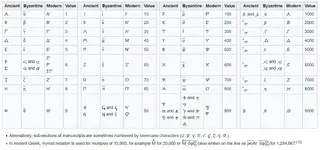This is an approximate translation (there are some spelling mistakes in there made by the artist):
<<Epafroditos and Timothea from Corinth
to their servant.
Kleon and Anaximkrotos to their tablemate Artemis the wife.
Farewell >>
So my friend who is a Literature and ancient Greek teacher and I discussed about the meaning and we have agreed that this is a grave monument erected by a wealthy couple, Epafroditos and his corinthian wife Timothea, for their slave or servant Artemis (Artemas is the Doric form of the name). Her husband and a friend/tablemate (syntrofos means companion-comrade but in this context it must mean table companion-friend-mate), Kleon and Anaximkrotos are also mentioned in the epitaph, not clear which one is which. I don't know if these two were free men serving the couple, living with them, or just two more slaves but they had to be mentioned, too, which is kind of strange. That's why I'm not sure if she was a free servant or slave, but such a beautiful tombstone was surely made for a beloved person, be it a slave or not... The shackles next to the wreath could mean she was an ''apeleutheran'', a slave freed by her masters. I can't identify the object in the left corner, any help there?
The final word ''XAIPE'' is a greeting often chiseled on tombstones, literally it means ''be happy'' -the ancient Greeks had an afterlife in mind- but it means here ''farewell''.
As far as of the date, dating is done by the artistic style, the lettering and spelling and by the contents of the associated grave... So it would be best to leave this to the archaeologists. But I will send a pic of the first sentence to my friend. This sentence that starts as was correctly read with the word ''ETOYΣ'' that can mean very well ''in the year'' or ''of the year'' has me puzzled, I can't even make sense of the words...
PS: Did I mention my friend's name is Artemis?!!!!


